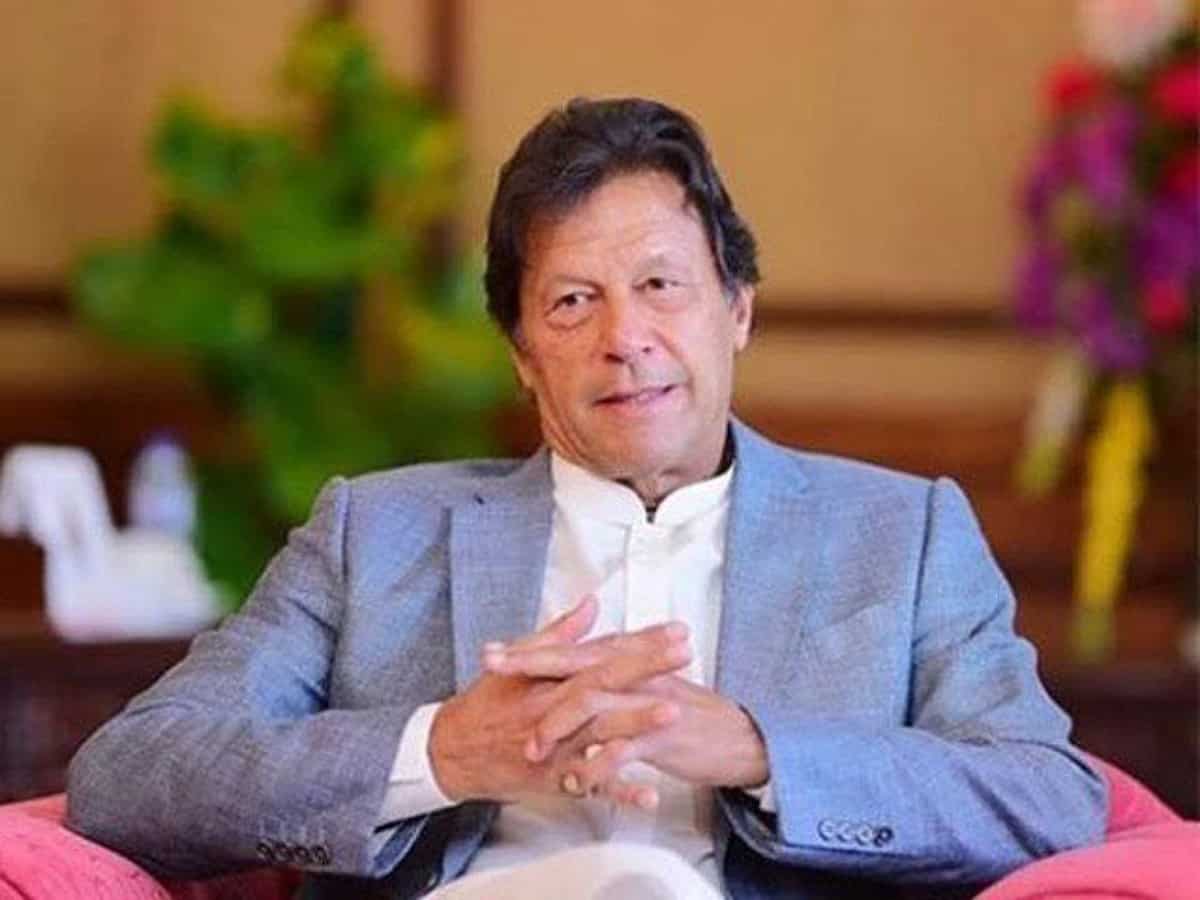
Islamabad: Pakistan economic struggle has started to increase under Imran Khan’s Pakistan Tehreek-e-Insaf (PTI) compounding with the increase in domestic inflation rates and external loan defaulting.
Inflation hit about 10 per cent last year, according to the World Bank. The cooking oil price is up 130 per cent since Imran Khan took power and the cost of fuel has risen 45 per cent to Rs145 a litre in a year, according to Dawn.
On the brink of defaulting, Islamabad has recently tapped USD 3 billion each from China and Saudi Arabia, and USD 2 billion from the United Arab Emirates.
Tax evasion is almost a national sport: fewer than two million people paid in 2020, from a working population 25 times that and receipts account for less than 10pc of gross domestic product, the lowest in the region, as analyzed by Dawn.
Analysts admit that though Imran Khan inherited an economic mess and the COVID-19 pandemic has not helped but his policies have done little to change the state of affairs.
Further, though the economy is forecast to grow four per cent in 2022, for the past three years it has remained largely stagnant. Pakistan rupee has also taken a pounding, losing 12 per cent to the dollar since July last year not helped by a USD 5 billion trade deficit and despite forex remittances from a vast diaspora growing nearly 10 per cent to USD 12.9 billion, as reported by dawn.
On the other hand, the manufacturing and service sectors are rebounding as lockdowns ease, the World Bank has said, and better rains this year will boost agriculture. But the biggest problem facing the economy is servicing nearly USD 127 billion in debt.
Earlier, Pakistan Prime Minister Imran Khan negotiated a USD 6 billion International Monetary Fund (IMF) loan package in 2019, but only a third was paid before the tap turned off after the government failed to implement promised reforms including slashing subsidies on a range of essentials, according to Dawn.
Pakistan has had to accept painful conditions, such as increasing petrol and electricity prices.
Ahead of an IMF meeting later this month to decide whether to release another tranche, the government has pushed through a mini-budget with new or increased taxes on a range of imports, exports and services that has drawn the ire of millions, as reported by Dawn.



